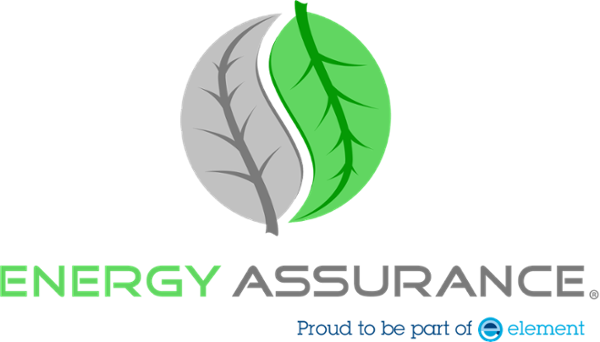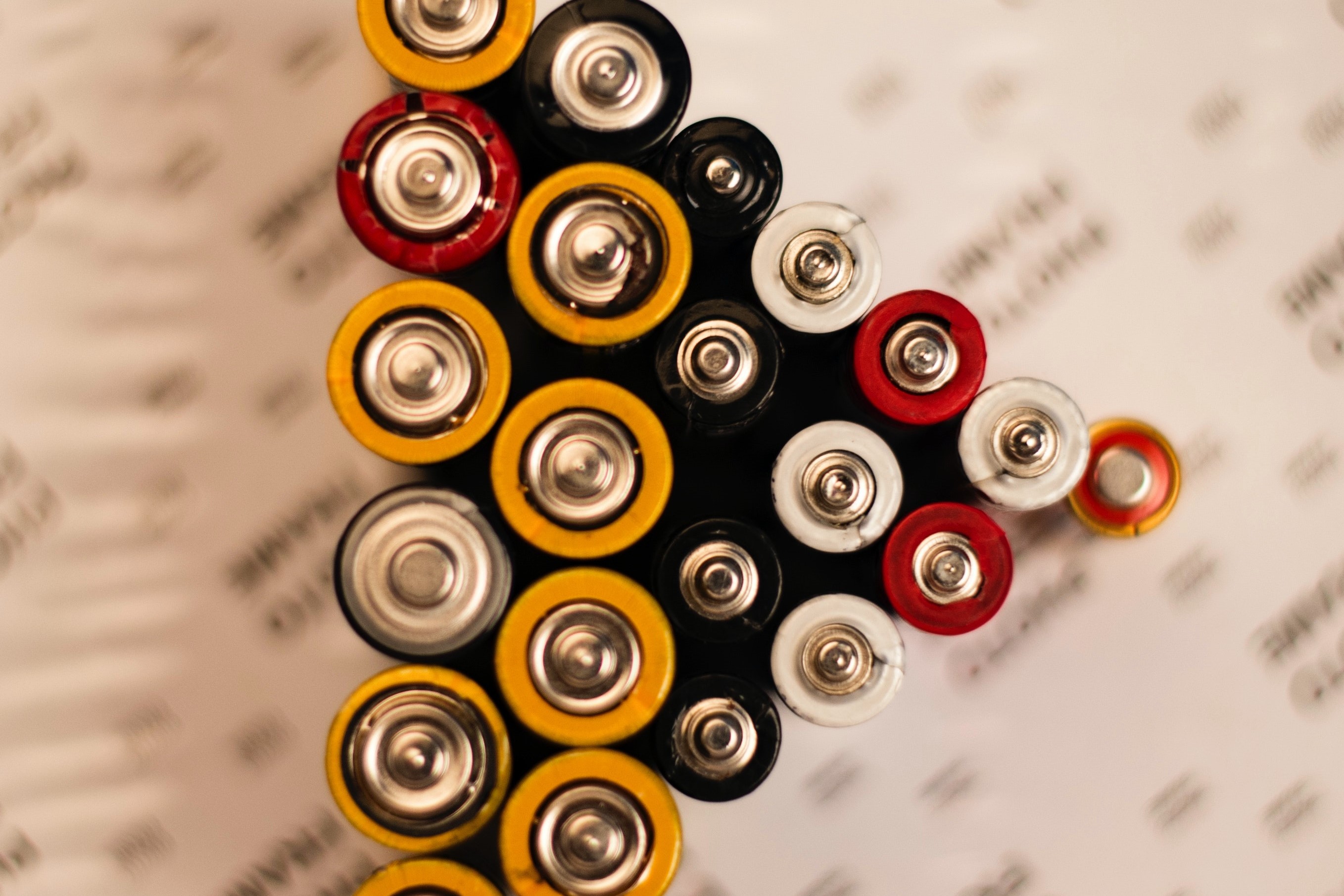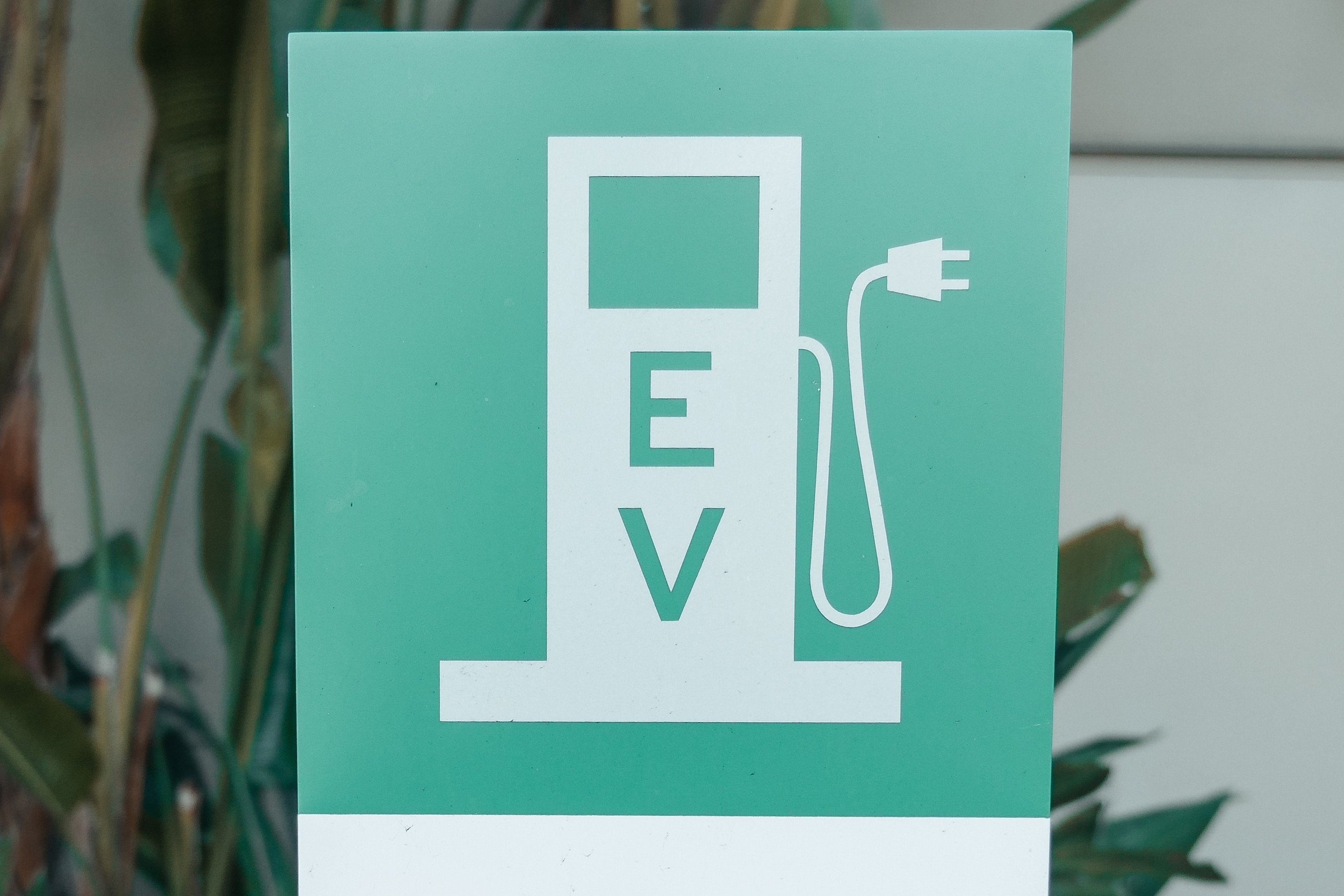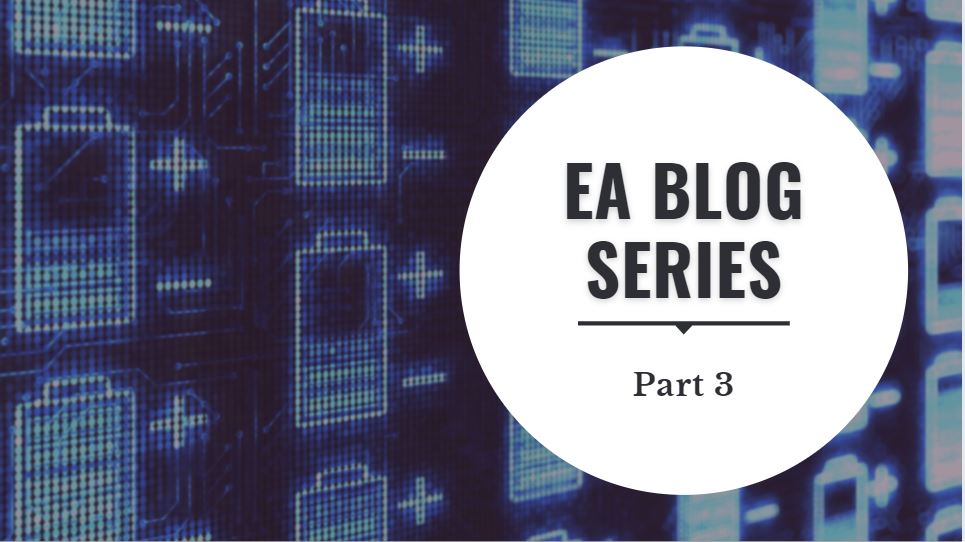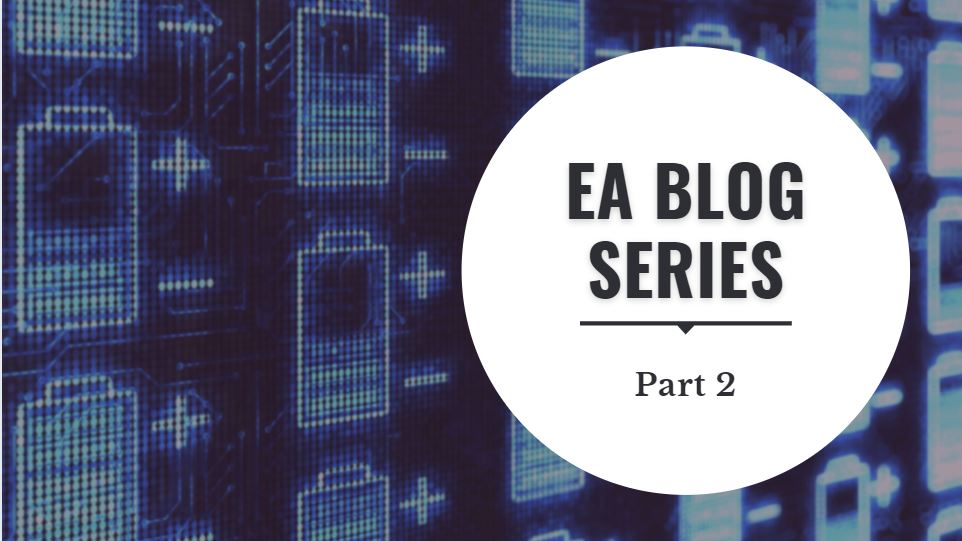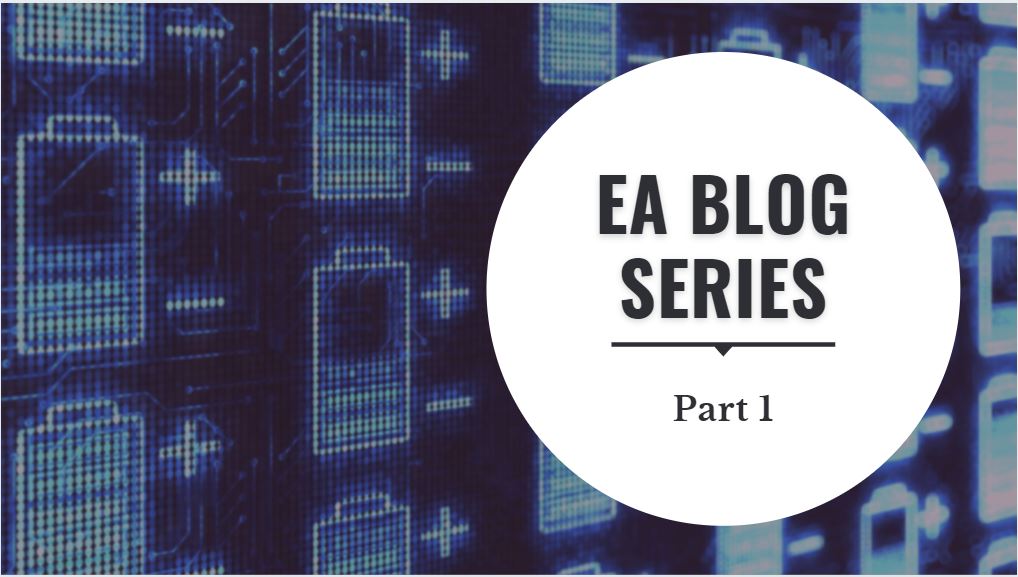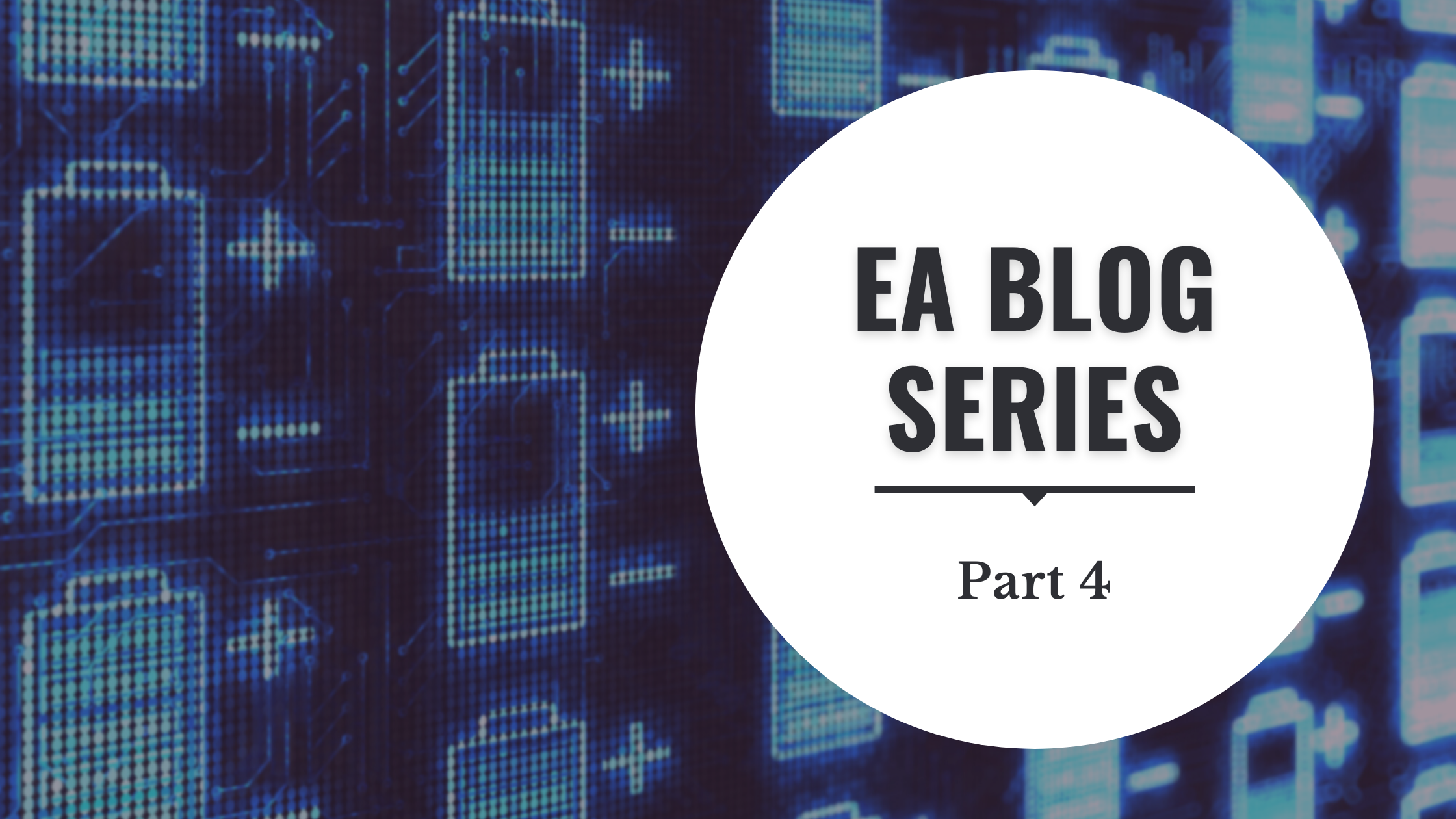
Last time we shared the requirements of compliance for batteries and cells in South Korea. This week, we’ll cover the European Union.
Mandatory:
- In-country testing not required - self-declared
- Standard Applied: Typically, EN 62133-2 (may additionally include end device-specific requirement)
- Component cell compliance method: EN 62133-2
- In-country representation not required
- Samples and timeline
- 21 batteries
- 65 cells
- 4-6 weeks
-
End device standards may have additional requirements. National Deviations for France and Switzerland required at the cell level
Mark required:
Process for registration:
Things to be aware of:
- Cell level - Forced Internal Short Circuit (FISC)
- France
- Other directives/standard may need to be applied
- Battery directive (chemical content, recycling, capacity rating)
- EMC directive (active components)
- End device standards/directives may have additional battery requirements (ITE, power tools)
Li-Ion battery requirements for different countries can be quite confusing. Every country has specific requirements that make them unique and these differences can lead to delays and potential changes in design if not fully understood.
At Energy Assurance, we take pride in the level of expertise we have in this field and are happy to share news of our ever-changing environment. If you have any questions or want to learn more, please reach out to us for a consultation.
